Home>Articles>How Long Does Ice Cream Stay Good In The Freezer
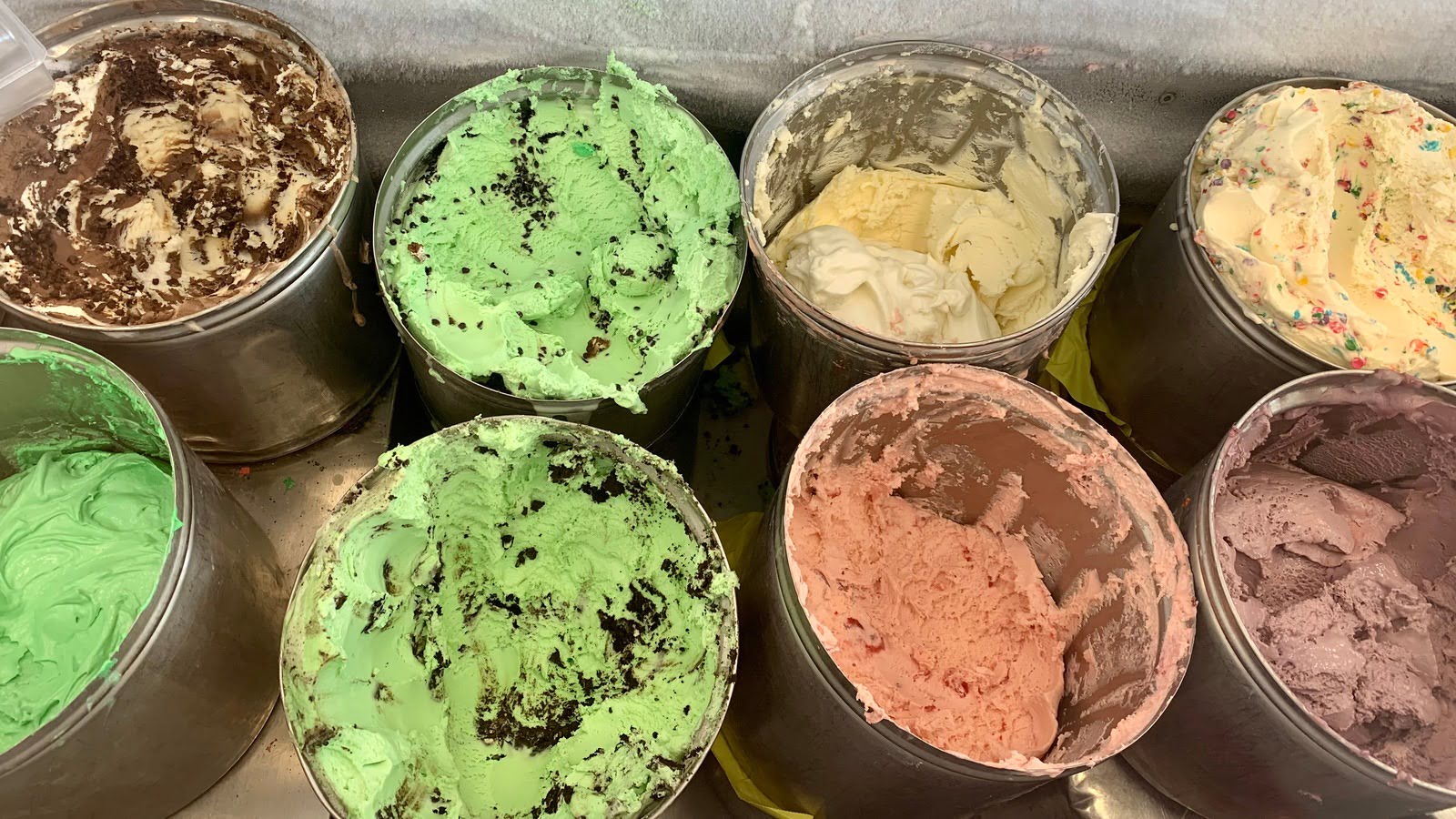

Articles
How Long Does Ice Cream Stay Good In The Freezer
Modified: February 27, 2024
Discover helpful articles about how long ice cream can stay fresh in the freezer and learn practical tips to extend its shelf life.
(Many of the links in this article redirect to a specific reviewed product. Your purchase of these products through affiliate links helps to generate commission for Storables.com, at no extra cost. Learn more)
Introduction
Ice cream is a beloved treat enjoyed by people of all ages. Whether it’s a hot summer day or a cozy movie night, a scoop of ice cream can bring joy and satisfy our sweet cravings. But what happens when you have leftover ice cream that you want to save for later? How long does ice cream stay good in the freezer?
The shelf life of ice cream can vary depending on several factors. In this article, we will explore the factors that affect the shelf life of ice cream, provide freezing and storage recommendations, discuss the signs of spoiled ice cream, and share tips for extending its shelf life.
Understanding how long ice cream stays good in the freezer is important to ensure that you can enjoy its creamy goodness while maintaining its quality and taste.
So, let’s dive in and learn more about the shelf life of ice cream!
Key Takeaways:
- Proper freezing and storage are crucial for maintaining ice cream’s quality. Factors like temperature, air exposure, and handling practices impact its shelf life. Follow defrosting tips and consume within a reasonable timeframe to enjoy fresh, delicious ice cream.
- Understanding signs of spoiled ice cream is essential to avoid food poisoning. Proper defrosting techniques and storage practices help maintain ice cream’s taste and texture. By following these tips, you can extend the shelf life of your favorite frozen treat.
Factors Affecting Ice Cream Shelf Life
While ice cream is a frozen dessert, it’s not immune to the effects of time. Several factors can influence the shelf life of ice cream, including:
- Temperature fluctuations: Ice cream is best stored at a consistent temperature of around -18°C (0°F). Fluctuations in temperature can cause ice crystals to form and melt, leading to a loss of texture and quality.
- Exposure to air: Air exposure can lead to freezer burn, which occurs when ice cream comes into contact with the air and causes the formation of ice crystals. This can result in a change in taste and texture.
- Quality of ingredients: The quality of the ingredients used in the ice cream can affect its shelf life. Higher-quality ingredients are less likely to spoil quickly.
- Packaging: The packaging of the ice cream plays a crucial role in maintaining its quality. Airtight containers or resealable packaging can help prevent air exposure and freezer burn.
- Handling and storage practices: The way ice cream is handled and stored can impact its shelf life. Frequent opening and closing of the freezer door, improper sealing, or storing ice cream in the freezer door where temperatures can fluctuate can hasten spoilage.
- Added mix-ins: Ice cream with mix-ins, such as fruits, nuts, or chocolate chunks, may have a shorter shelf life compared to plain ice cream. These mix-ins can introduce additional moisture, making the ice cream more prone to freezer burn and faster spoilage.
It’s important to recognize these factors and take necessary steps to maximize the shelf life of your ice cream, ensuring that it remains delicious and enjoyable even after being stored in the freezer.
Freezing and Storage Recommendations
Proper freezing and storage techniques are crucial to maintain the quality and extend the shelf life of ice cream. Here are some recommendations to follow:
- Freeze promptly: As soon as you bring home ice cream from the store or make homemade ice cream, put it in the freezer promptly. The quicker it freezes, the better it will retain its texture and flavor.
- Use airtight containers: Transfer the ice cream into an airtight container to prevent air exposure and maintain its freshness. Make sure the container is freezer-safe, leak-proof, and properly sealed.
- Store at the back of the freezer: Place the ice cream container at the back of the freezer, away from the freezer door. This area tends to have a more stable temperature, minimizing temperature fluctuations when the freezer is opened and closed.
- Avoid storing in the freezer door: The door is the warmest part of the freezer and is subject to frequent temperature changes. Storing ice cream in the door can lead to faster thawing and potential spoilage.
- Keep the freezer temperature consistent: Maintain the freezer temperature at -18°C (0°F) or lower. Fluctuations in temperature can cause ice cream to melt and refreeze, leading to a loss in texture and quality.
- Label and date: It’s a good practice to label the container with the date it was frozen. This allows you to keep track of when the ice cream was stored and helps in ensuring you consume it before its quality deteriorates.
By following these freezing and storage recommendations, you can prolong the shelf life of your ice cream and enjoy it at its best whenever you crave a cool and creamy treat.
Signs of Spoiled Ice Cream
While ice cream can be stored in the freezer for an extended period, it is important to keep an eye out for signs of spoilage. Here are some indicators that your ice cream may have gone bad:
- Ice crystals: If there are visible ice crystals on the surface of the ice cream or throughout the container, it may indicate that the ice cream has been thawed and refrozen multiple times.
- Texture changes: Spoiled ice cream may develop a grainy or sandy texture instead of its usual smooth and creamy consistency.
- Off-putting odor: If you notice a strange or unpleasant smell coming from the ice cream, it could be a sign that it has spoiled. Trust your sense of smell; if it doesn’t smell right, it’s best to avoid consuming it.
- Mold or discoloration: Any mold growth or significant discoloration on the ice cream, such as dark spots or patches, is a clear sign of spoilage.
- Taste changes: If the ice cream tastes significantly off or has a sour or rancid flavor, it is best to discard it, as it is likely spoiled.
It is important to note that consuming spoiled ice cream can lead to food poisoning and illness. Therefore, it is advisable to err on the side of caution and discard any ice cream that shows signs of spoilage.
Now that you are aware of the signs of spoiled ice cream, you can ensure that you only enjoy ice cream that is fresh, safe, and delicious.
Ice cream can stay good in the freezer for 2-3 months if stored properly in an airtight container to prevent freezer burn. After that, it may start to lose its flavor and texture.
How to Properly Defrost Ice Cream
If you have stored your ice cream in the freezer for a long time or if it has become too hard to scoop, you may need to defrost it before enjoying it. Here are some tips on how to properly defrost ice cream:
- Transfer to the refrigerator: Start by transferring the container of frozen ice cream from the freezer to the refrigerator. Allow it to thaw slowly in the fridge for about 15-30 minutes to soften the ice cream without causing it to melt.
- Use a warm scoop: If you’re unable to wait for the ice cream to thaw in the refrigerator, you can use a warm ice cream scoop to cut through the frozen ice cream easily. Simply run the scoop under hot water for a few seconds, wipe it dry, and then use it to scoop the ice cream.
- Avoid microwaving: While it may be tempting to microwave the ice cream to speed up the thawing process, it is not recommended. Microwaving can cause uneven heating and may result in melted or partially melted ice cream, affecting its texture and quality.
- Let it sit at room temperature: If you prefer a softer consistency, you can allow the ice cream to sit at room temperature for a few minutes after taking it out of the refrigerator. However, be cautious not to leave it out for too long to prevent melting.
- Re-freeze if necessary: If you have defrosted more ice cream than you can consume, it’s not recommended to refreeze it. Once ice cream has been thawed, it can be at a higher risk of bacterial growth, and refreezing may further compromise its quality.
Remember, it’s best to plan ahead and thaw ice cream slowly in the refrigerator for the best results. This helps maintain its taste, texture, and overall quality.
By following these tips, you can successfully defrost ice cream and enjoy its creamy goodness whenever you’re ready to indulge in a sweet treat.
Tips for Extending the Shelf Life of Ice Cream
If you want to maximize the shelf life of your ice cream and minimize the risk of spoilage, here are some helpful tips to follow:
- Keep the freezer temperature consistent: It’s important to maintain a consistent temperature of -18°C (0°F) or lower in your freezer. Fluctuations in temperature can cause the ice cream to melt and refreeze, resulting in a loss of texture and quality.
- Store in the coldest part of the freezer: Place the ice cream at the back of the freezer where it tends to be colder and more insulated. Avoid storing it in the freezer door, as it is subject to more temperature fluctuations.
- Use proper storage containers: Transfer the ice cream into airtight, freezer-safe containers to minimize air exposure and prevent freezer burn. Make sure the containers are properly sealed to maintain the freshness and quality of the ice cream.
- Label and date the containers: Properly label the storage containers with the date of freezing to keep track of how long the ice cream has been in the freezer. This helps you consume it within a reasonable timeframe and avoid consuming spoiled ice cream.
- Don’t leave the container out for extended periods: Avoid leaving the container of ice cream out at room temperature for too long. Extended exposure to warmer temperatures can cause it to melt and refreeze, leading to texture changes and potentially faster spoilage.
- Avoid cross-contamination: Be mindful of storing other food items with strong odors near the ice cream. Ice cream has a tendency to absorb odors, which can alter its flavor and aroma.
- Don’t refreeze melted ice cream: Once ice cream has melted, it is best not to refreeze it. Melting and refreezing can negatively affect its texture and quality, increasing the risk of bacterial growth and spoilage.
- Consume within a reasonable timeframe: While the storage recommendations help prolong the shelf life of ice cream, it is still best to consume it within a reasonable timeframe to enjoy it at its best. Frozen desserts are generally best consumed within a few months of freezing.
By following these tips, you can extend the shelf life of your ice cream, ensuring that it maintains its delicious flavor and creamy texture for as long as possible.
Conclusion
Ice cream is a delightful treat that brings happiness and satisfaction to people of all ages. Understanding how long ice cream stays good in the freezer is essential for maintaining its quality and enjoying it at its best. By considering the factors that affect its shelf life, following proper freezing and storage recommendations, recognizing the signs of spoilage, defrosting it correctly, and applying tips for extending its shelf life, you can ensure that your ice cream remains fresh and delicious.
Temperature fluctuations, air exposure, ingredient quality, packaging, handling and storage practices, and added mix-ins can all impact the shelf life of ice cream. Taking steps to control these factors ensures that your ice cream retains its flavor, texture, and overall quality over time.
Proper freezing and storage recommendations play a crucial role in maintaining the freshness of ice cream. Transferring it to airtight containers, storing it in the coldest part of the freezer, and maintaining a consistent freezer temperature are key practices to follow. Additionally, being aware of the signs of spoiled ice cream and defrosting it correctly can help you avoid consuming compromised ice cream.
Remember to consume ice cream within a reasonable timeframe and avoid refreezing melted ice cream. By implementing these practices and tips, you can extend the shelf life of your ice cream, enhancing your enjoyment of this beloved frozen treat.
So, the next time you savor a scoop of ice cream, you can do so with confidence, knowing that it has been stored and preserved properly for your pleasure. Happy indulging!
Frequently Asked Questions about How Long Does Ice Cream Stay Good In The Freezer
Was this page helpful?
At Storables.com, we guarantee accurate and reliable information. Our content, validated by Expert Board Contributors, is crafted following stringent Editorial Policies. We're committed to providing you with well-researched, expert-backed insights for all your informational needs.

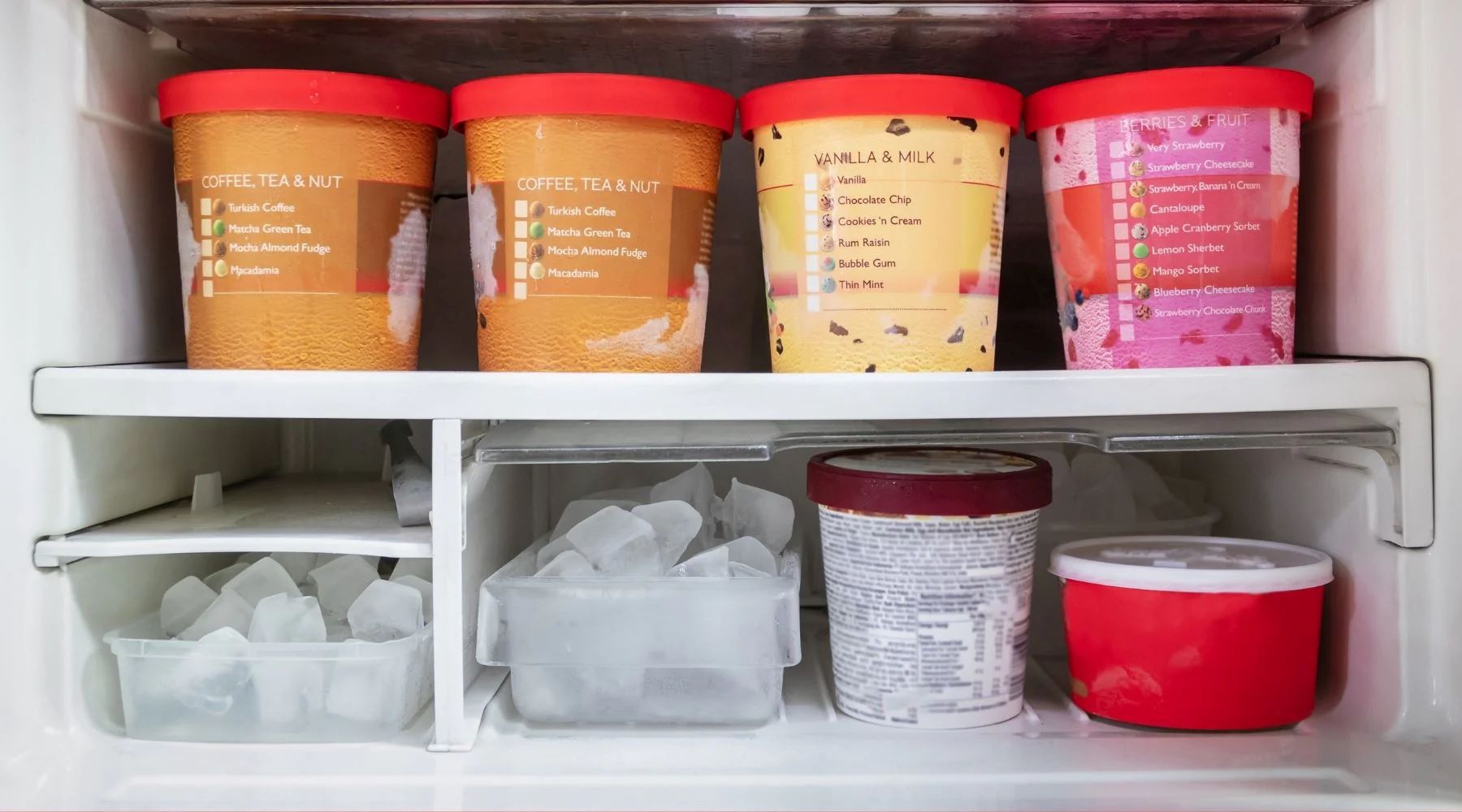
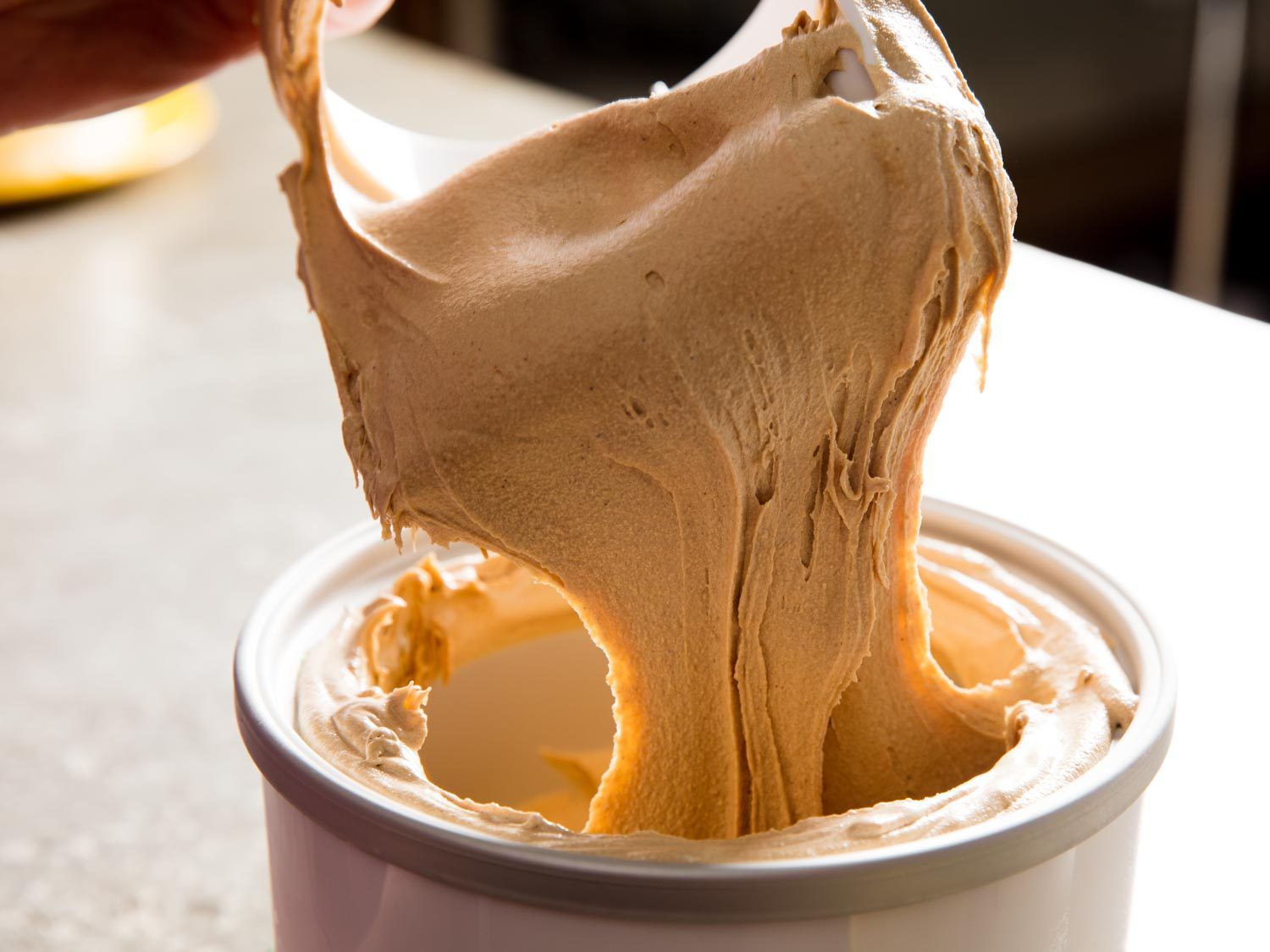
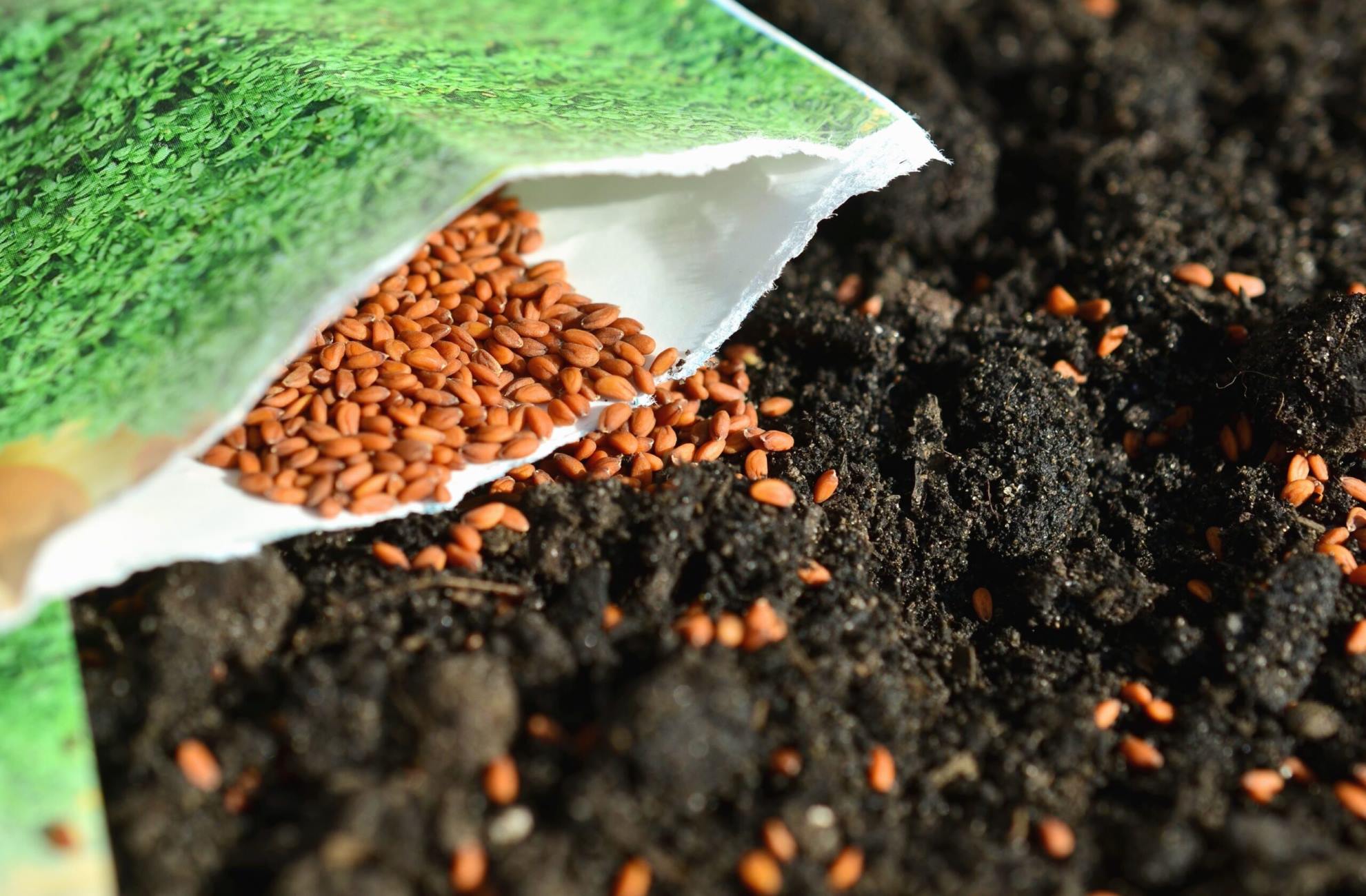
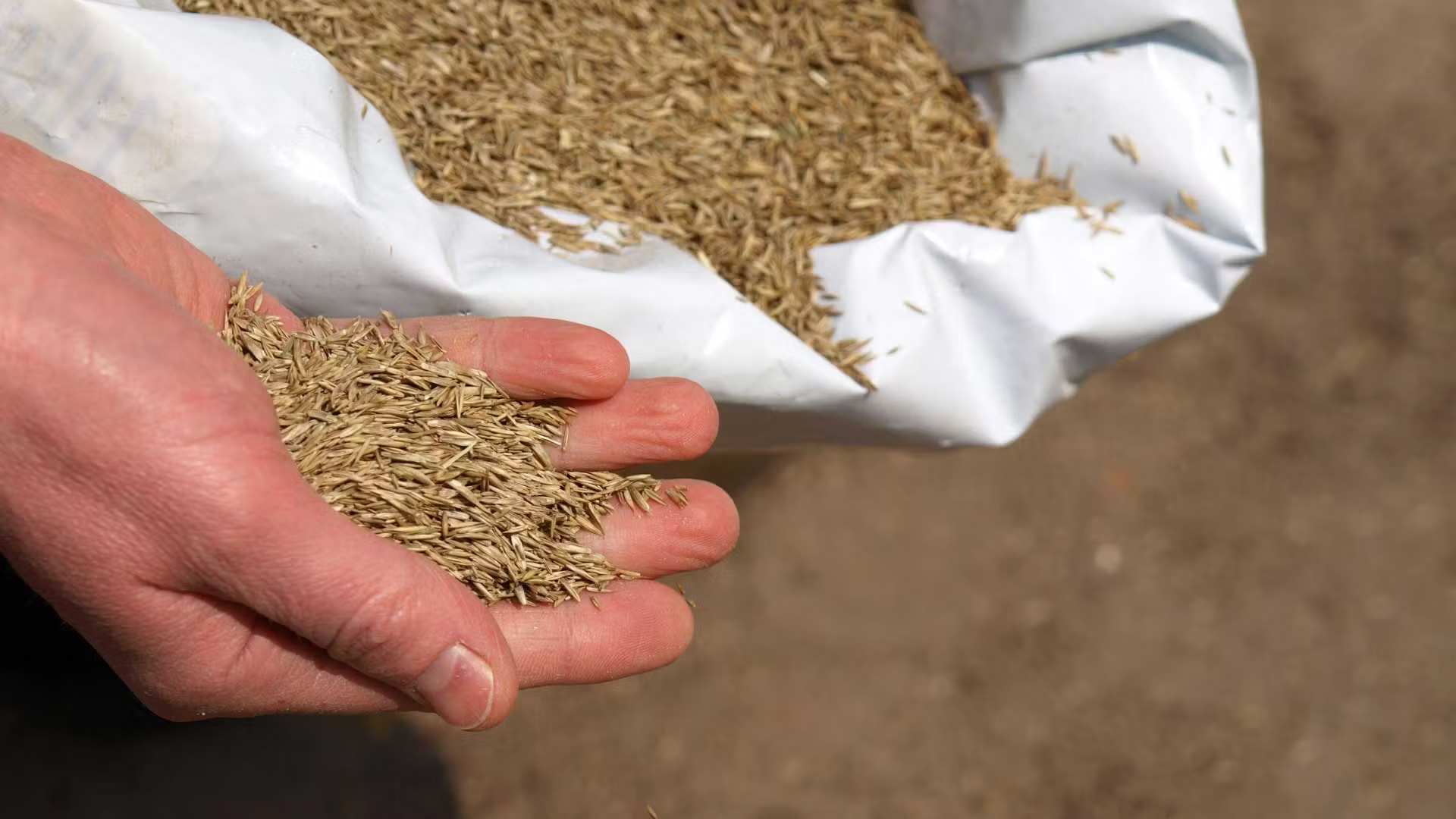
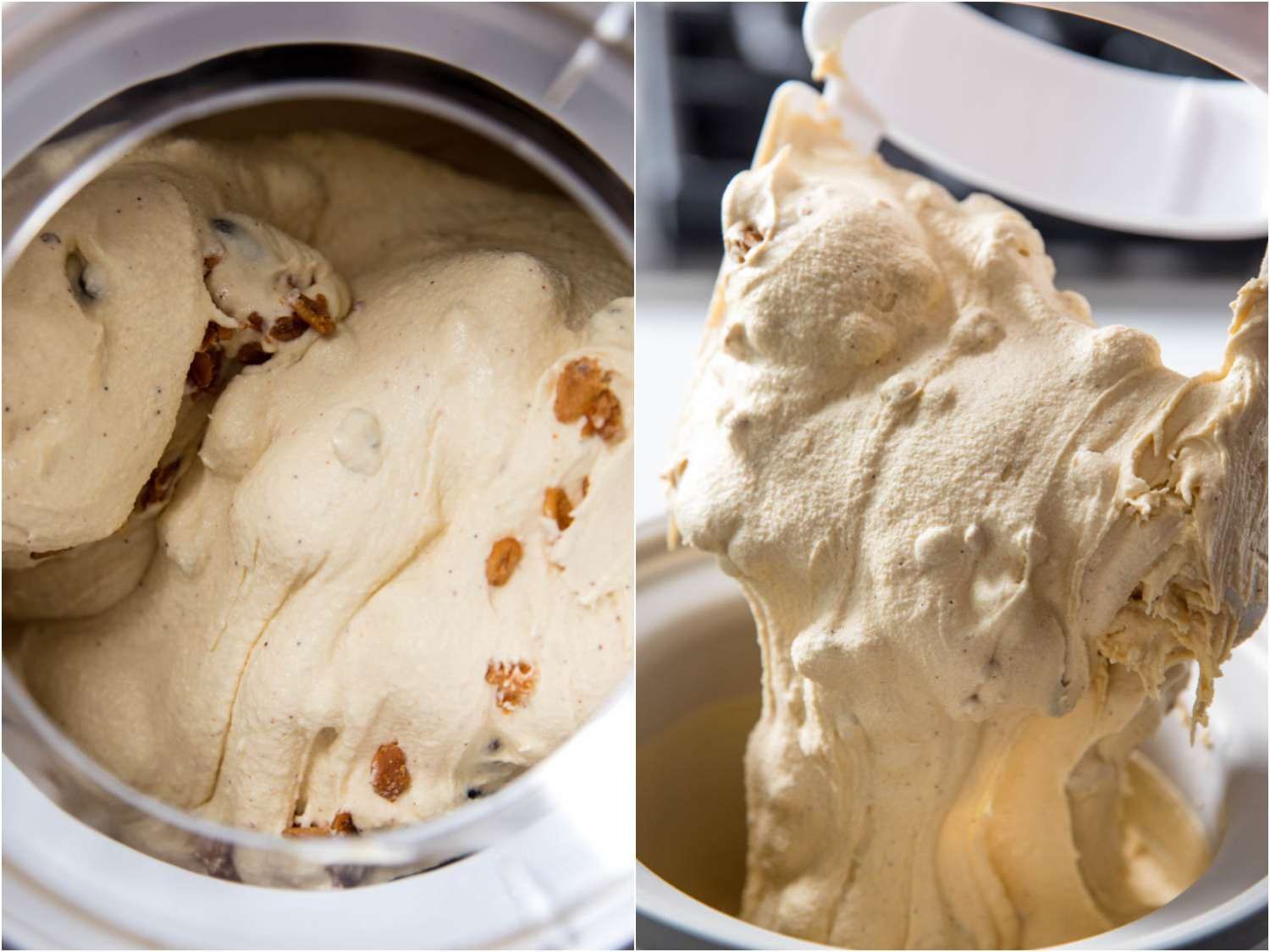
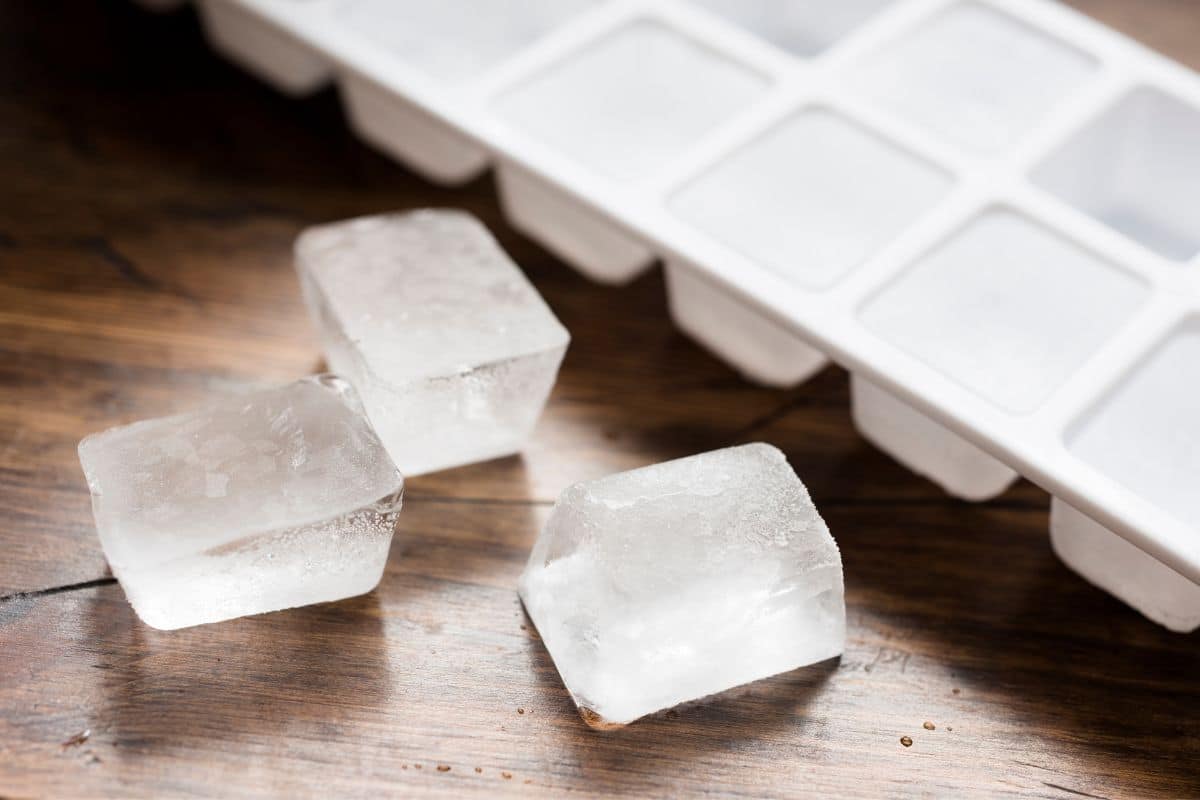
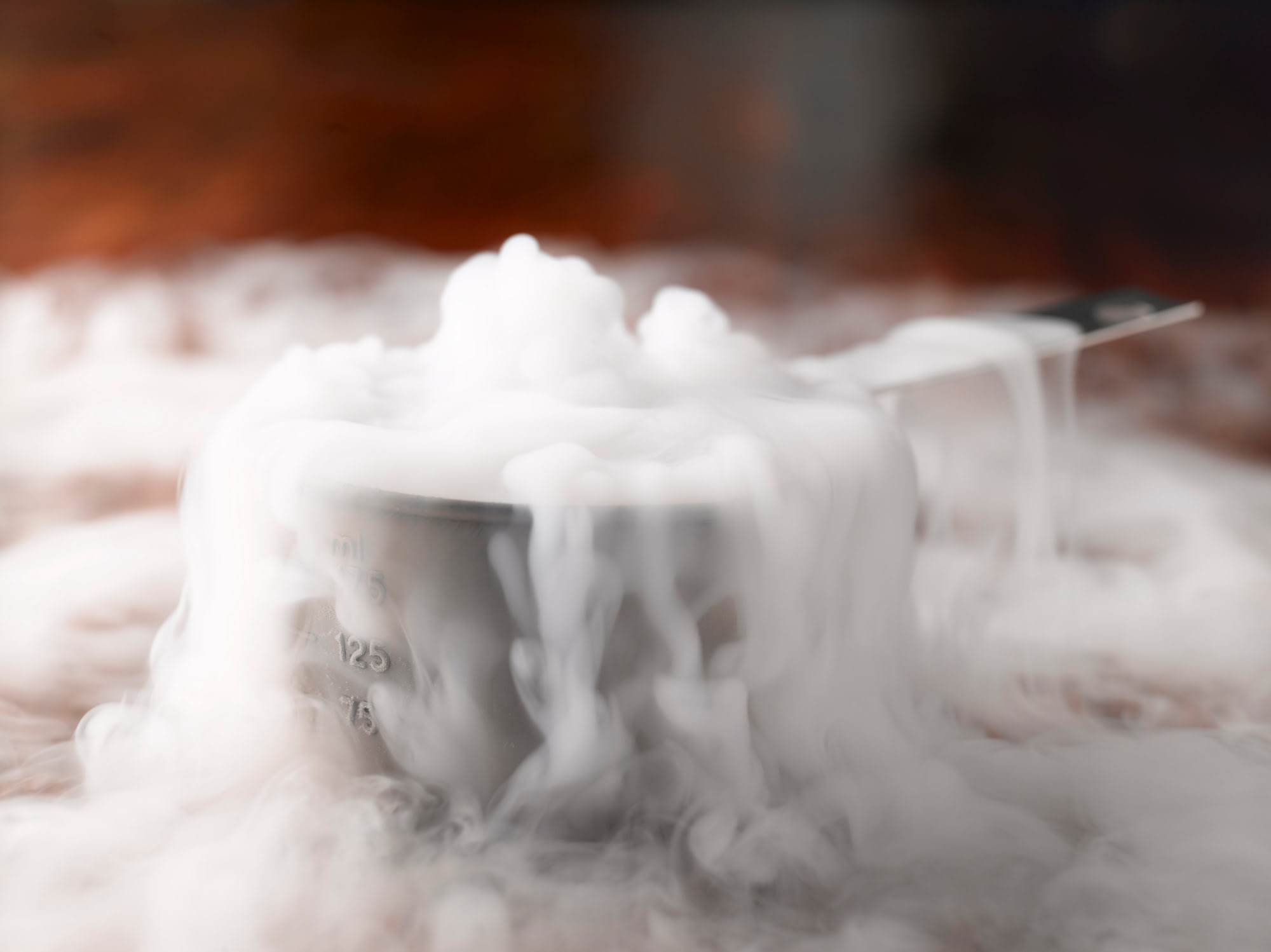
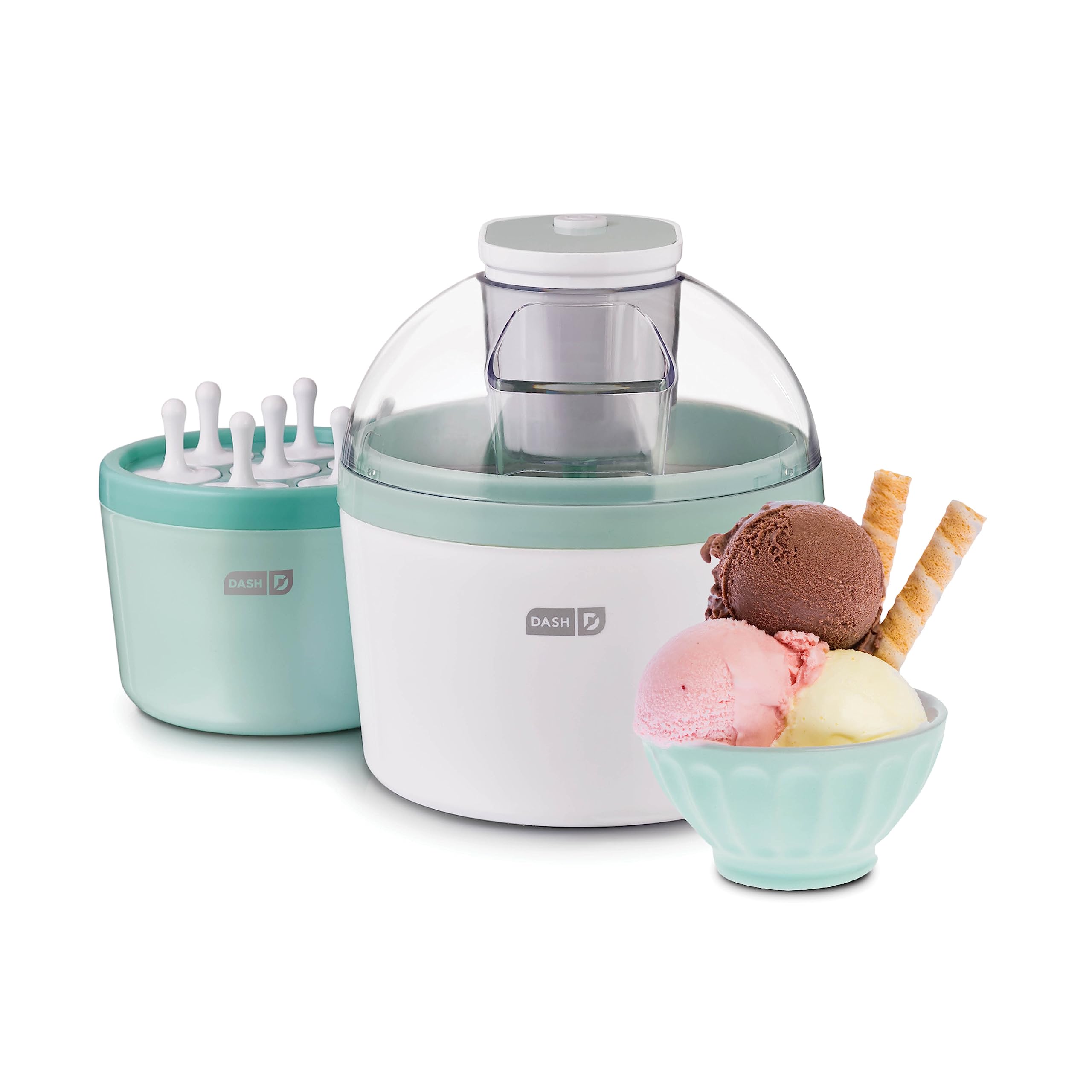
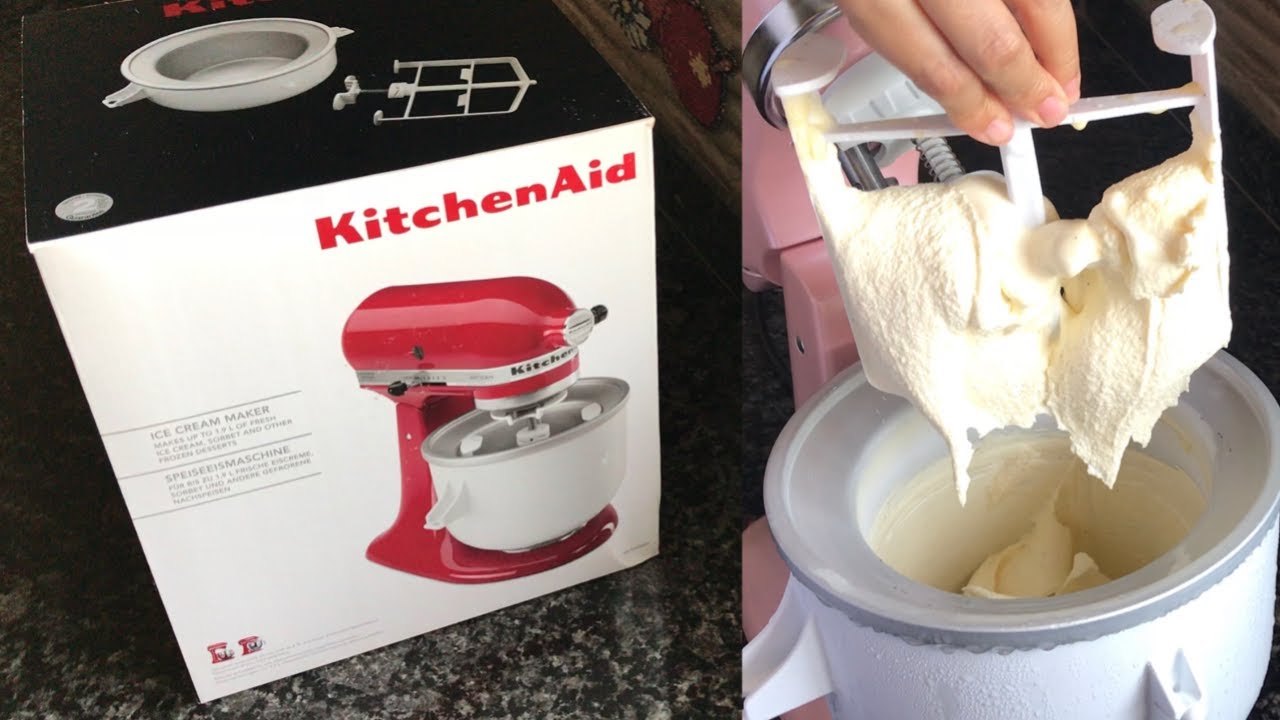


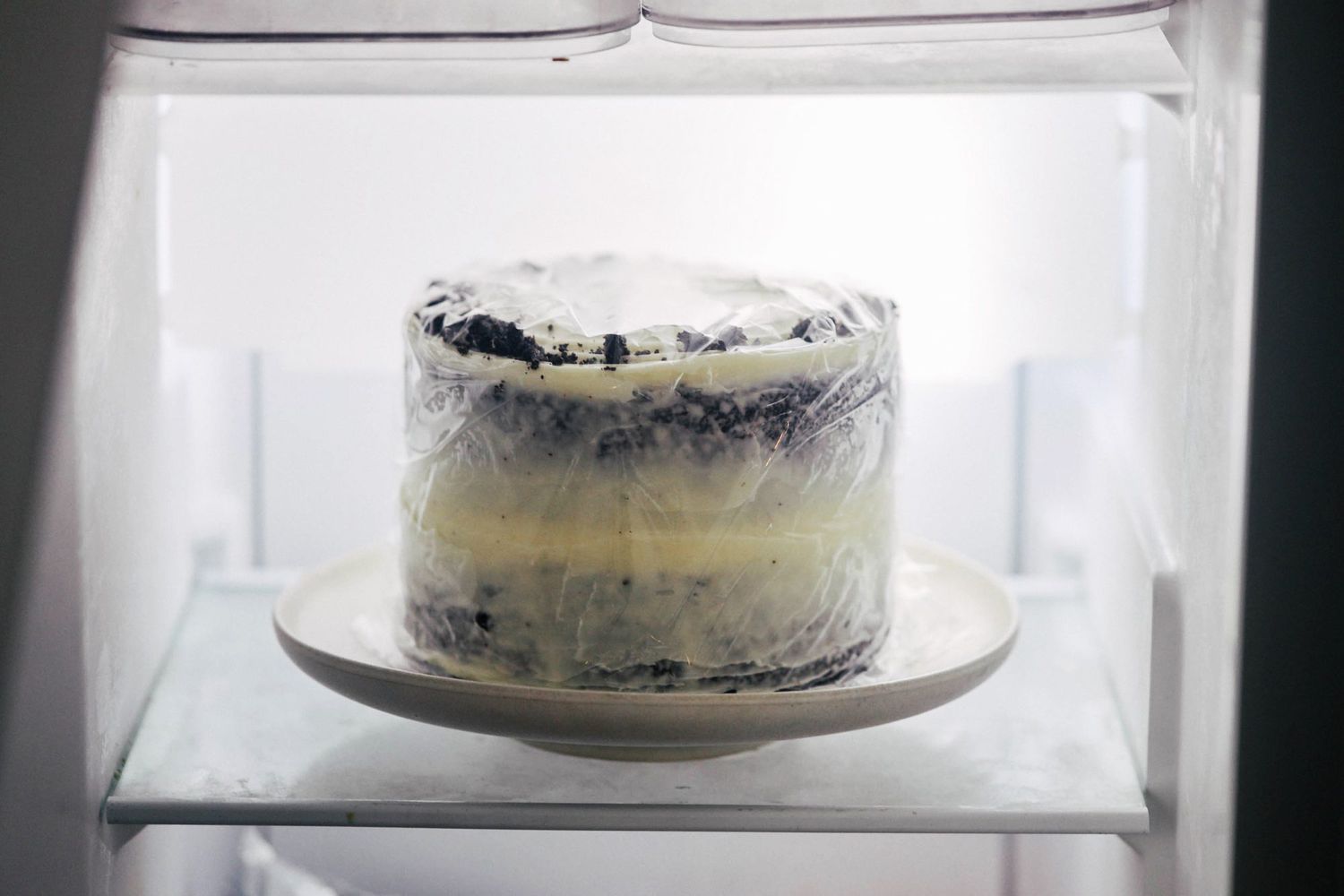


0 thoughts on “How Long Does Ice Cream Stay Good In The Freezer”